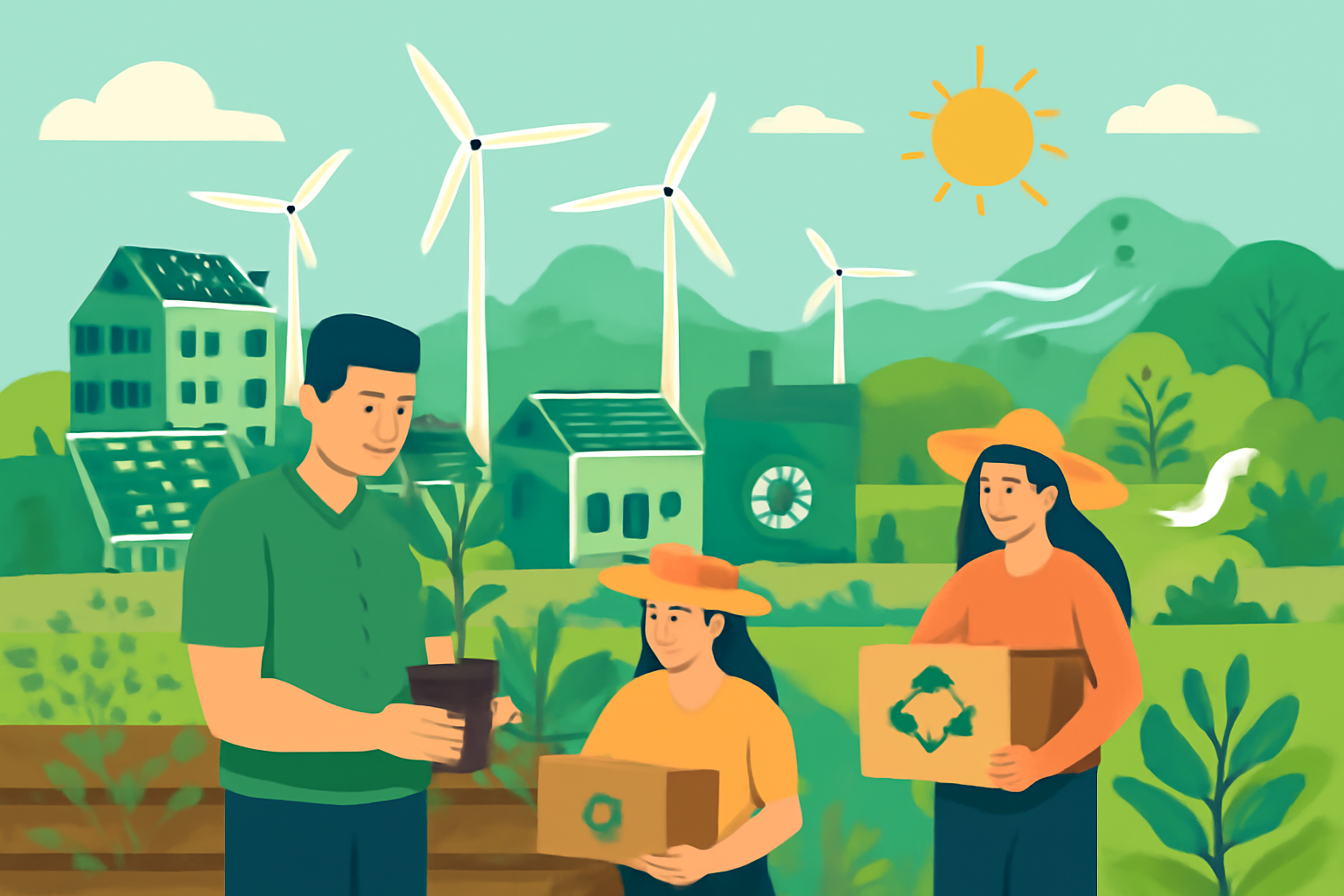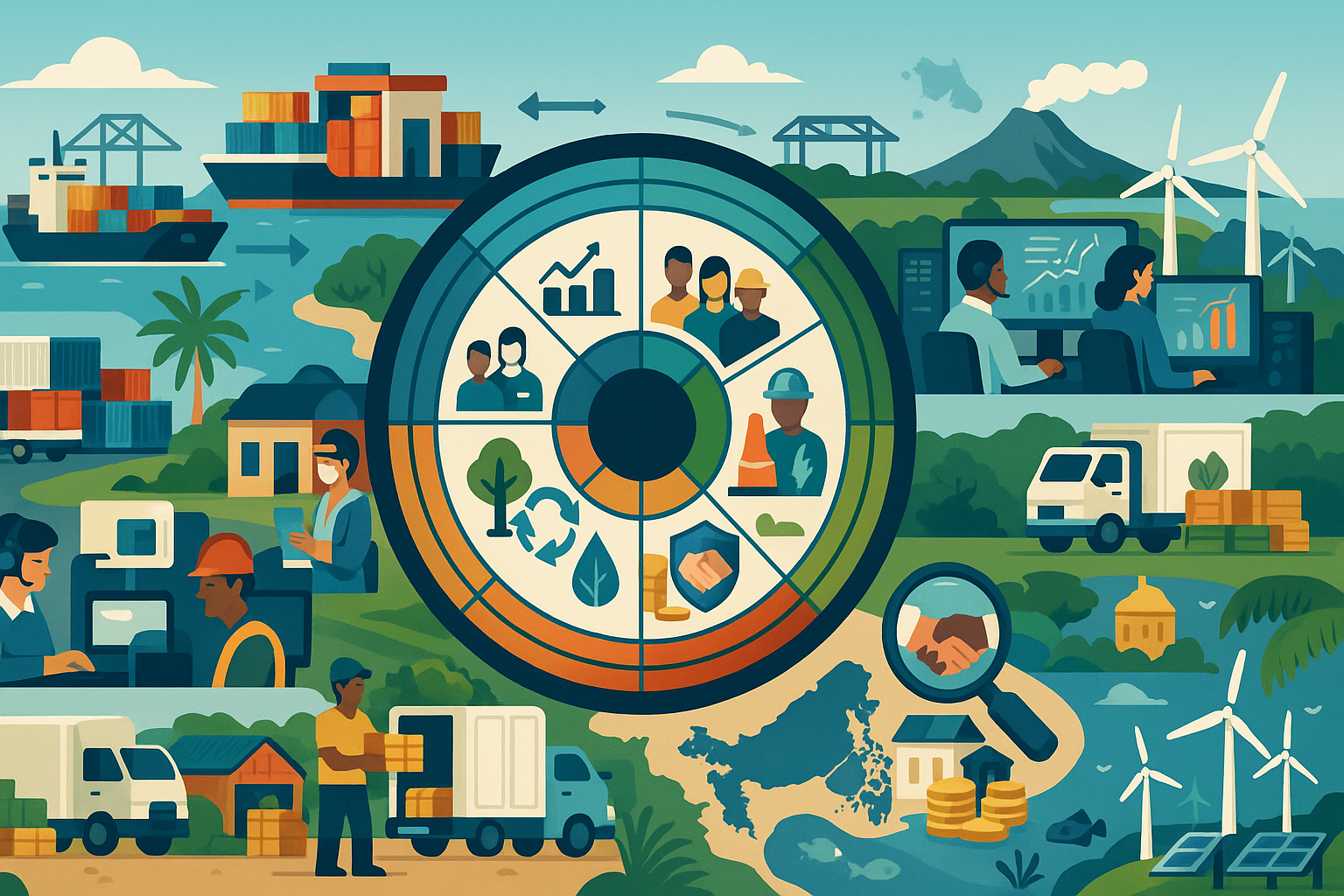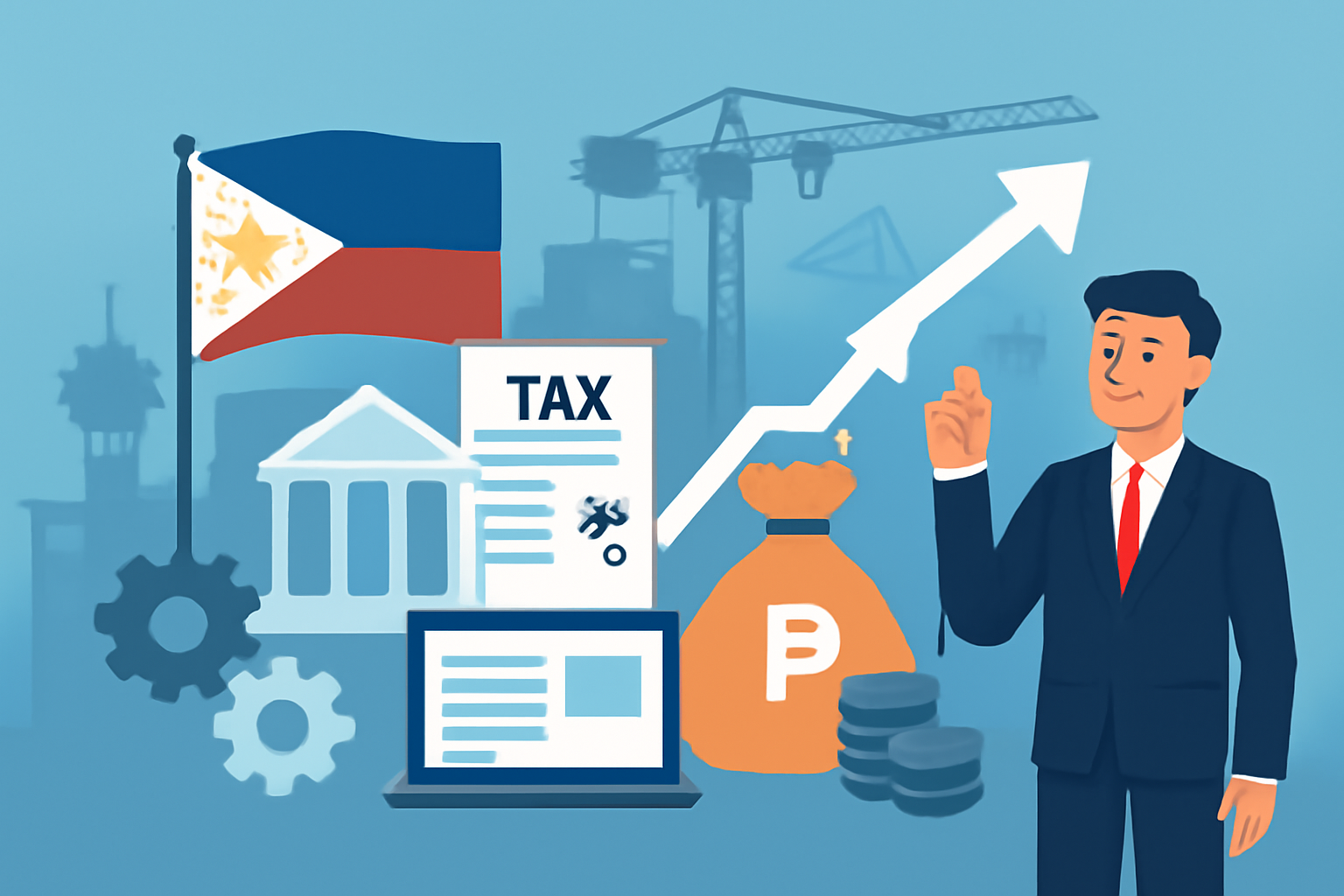In recent years, the Philippines has witnessed a growing trend in green business practices, with companies across various industries recognizing the importance of sustainability. The shift towards environmentally friendly business models is a response to the increasing challenges of climate change, resource depletion, and environmental degradation. As the country grapples with these issues, businesses are taking significant steps to mitigate their impact and embrace sustainable practices.
The Philippines government has played an instrumental role in encouraging businesses to adopt green practices. Through the enactment of laws such as the Ecological Solid Waste Management Act and the Philippine Clean Air Act, the government has provided businesses with the legal framework and incentives to implement more sustainable practices. The government has also been promoting the use of renewable energy through the Renewable Energy Act, which has spurred many businesses to explore solar, wind, and hydroelectric power as alternative energy sources.
Renewable energy has emerged as one of the key areas of focus for businesses aiming to reduce their environmental impact. Companies like Ayala Corporation and SM Investments have made significant investments in renewable energy infrastructure, such as solar farms and wind projects. By incorporating clean energy solutions into their operations, these companies are not only reducing their reliance on fossil fuels but also helping to achieve national energy sustainability targets.
Waste management and reduction are also critical components of green business practices in the Philippines. Many businesses are adopting waste segregation, recycling, and waste-to-energy technologies to reduce their environmental footprint. Companies like Nestlé Philippines are leading the charge in implementing zero-waste initiatives, while other businesses are exploring alternatives to plastic packaging, such as biodegradable or recyclable materials. These efforts are particularly important in a country like the Philippines, where waste management remains a significant challenge.
Green business practices are also becoming a key component of corporate social responsibility (CSR). Companies are increasingly integrating environmental sustainability into their CSR strategies, recognizing that their impact extends beyond the financial bottom line. For example, the Robinsons Group has launched a number of environmental initiatives, such as tree planting programs and environmental education campaigns, to support sustainable development in local communities.
The rise of green business in the Philippines is not limited to large corporations. Small and medium enterprises (SMEs) are also embracing sustainability. In the tourism sector, for instance, eco-tourism initiatives are gaining popularity, with small businesses offering nature-based experiences that promote conservation and environmental awareness. Similarly, farmers are turning to organic farming practices, reducing the use of harmful pesticides and promoting sustainable agriculture.
As the green business movement continues to gain momentum in the Philippines, it is clear that sustainability is no longer a niche concern but a central focus of the country’s business landscape. The combination of government support, consumer demand, and corporate commitment to sustainability is driving a positive transformation in the Philippine business sector.




